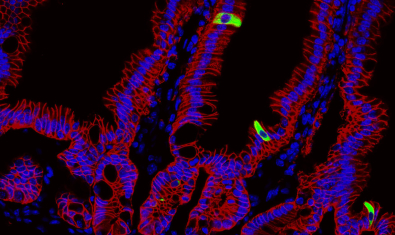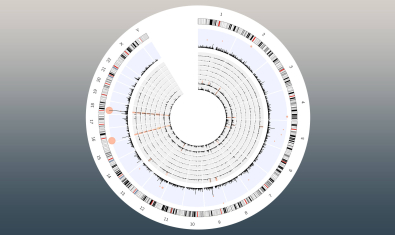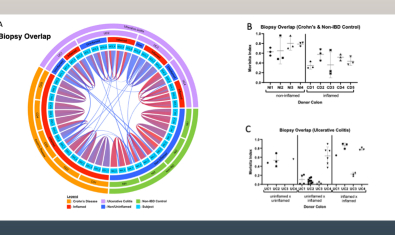What Is the Gastrointestinal Diseases Biorepository?
Gastrointestinal (GI) diseases are health conditions that affect your digestive system. The Gastrointestinal Disease Biorepository is a confidential list of people with GI diseases who are willing to donate samples and provide health information to support scientific research.
Our scientists use samples from the biorepository to study diseases like inflammatory bowel diseases (IBD), such as Crohn's disease and ulcerative colitis, celiac disease and eosinophilic esophagitis. BRI scientists use samples from our Gastrointestinal Diseases Biorepository to understand how and why these diseases start, and work toward better treatments, prevention and cures.
Participate in Gastrointestinal Disease Research
We are currently enrolling adults, age 16 and older, with known or suspected history of inflammatory bowel disease, including Crohn’s disease, ulcerative colitis and indeterminate colitis.
We are also looking for family members of all ages without IBD, including first-degree relatives of participants with IBD as well as individuals with non-IBD causes of GI inflammation, such as celiac disease, eosinophilic esophagitis, and infectious gastroenteritis or colitis to join our Healthy Control Biorepository.
Participating in research typically involves a 45-60 minute appointment at BRI. Our team will collect a blood sample and ask questions about your personal and family medical history. All samples and information are kept confidential. Learn more: Biorepository FAQ









